Fiji Museum
The Fiji Museum was established in 1904 and has moved several times over the last century. It has been situated in Thurston Gardens since the 1950s and contains artefacts up to 3700 years old.
Last updated on 17 Jun 2025
Narrated by Sevanaia Navuasese
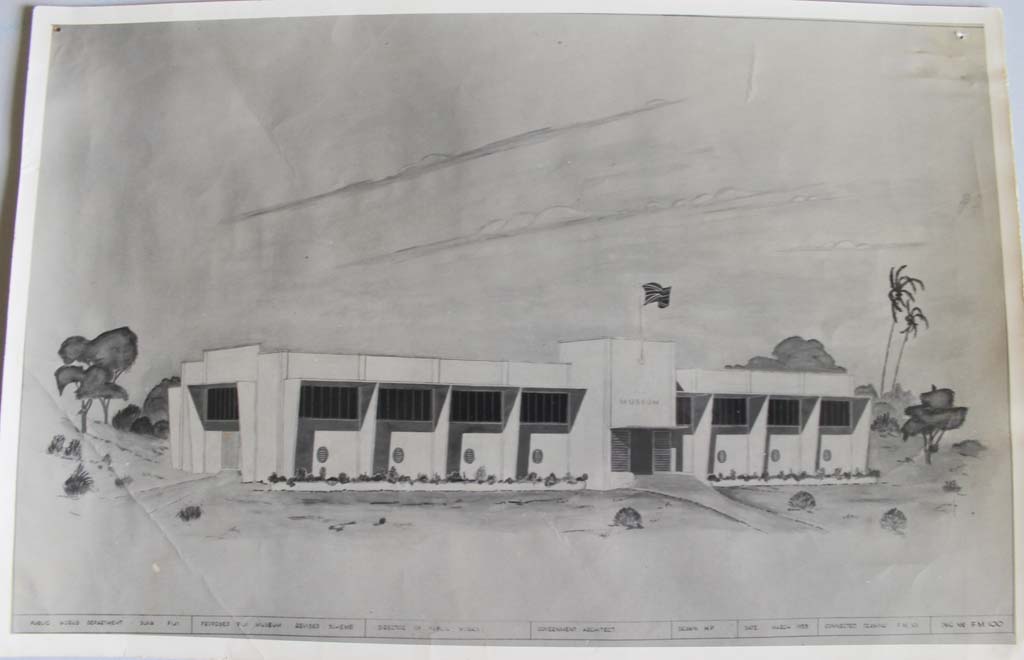
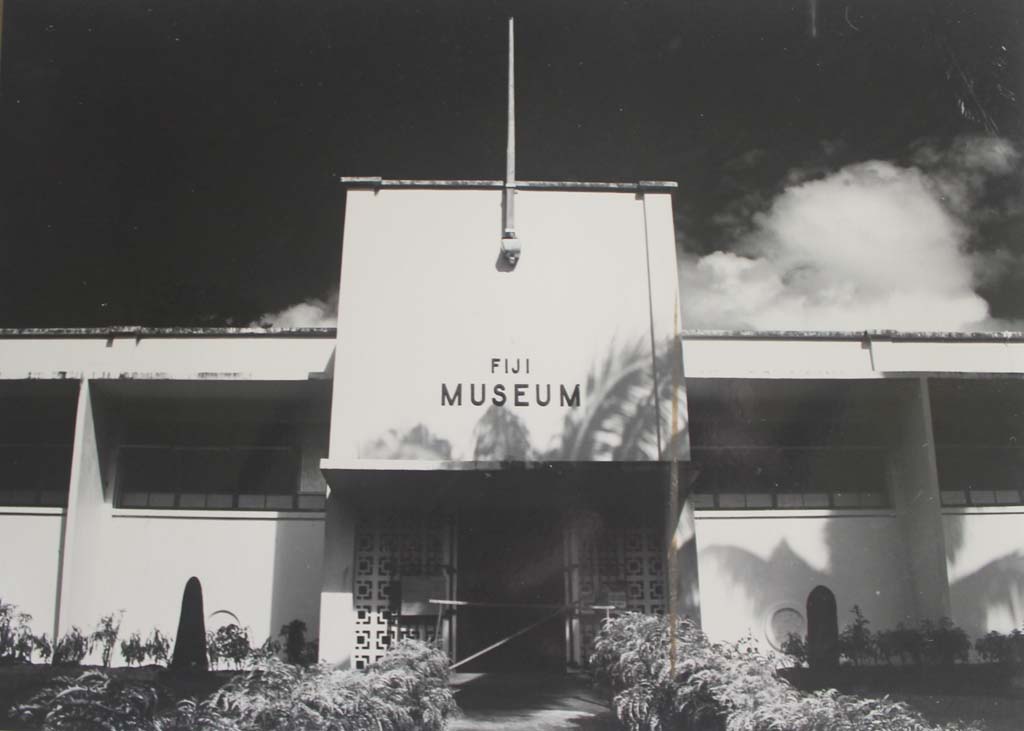
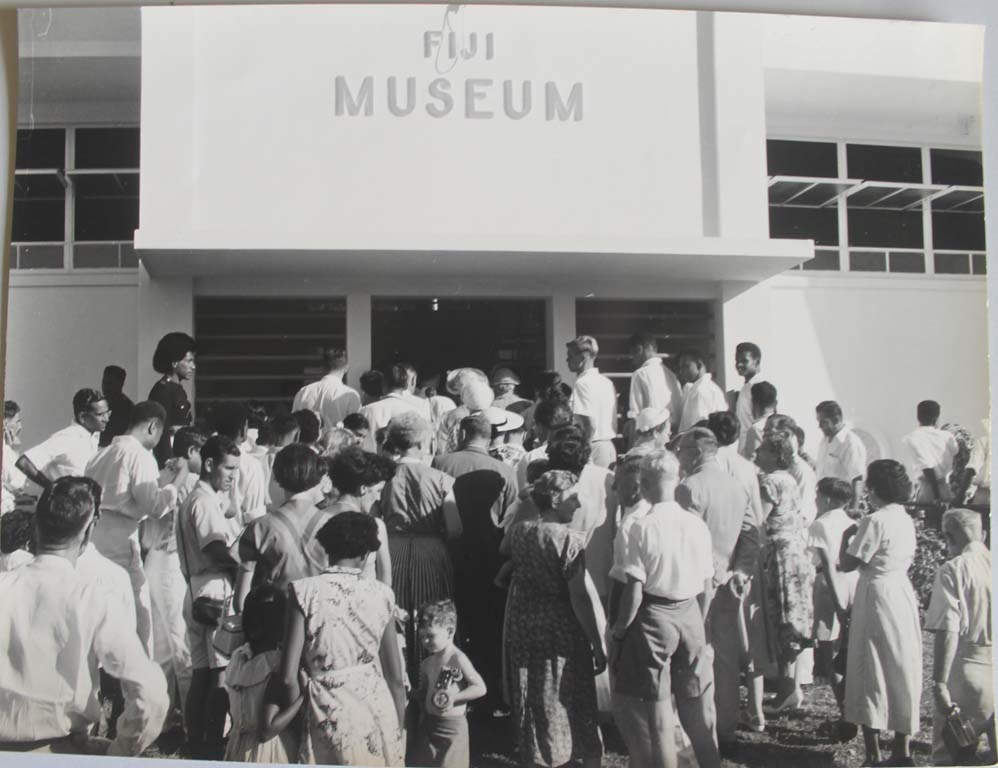
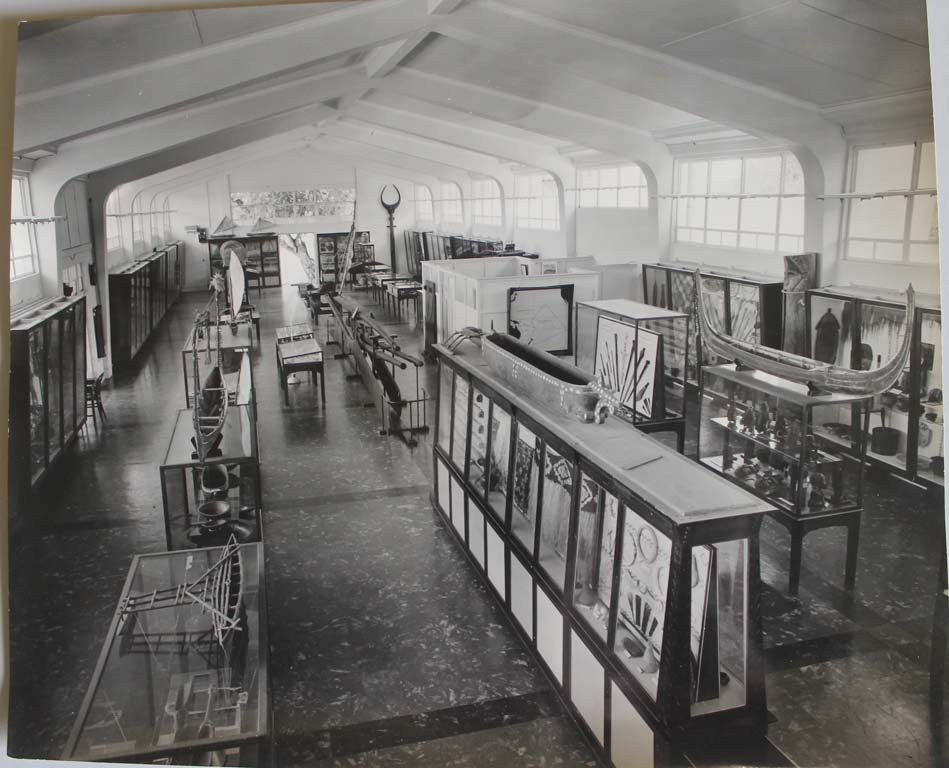
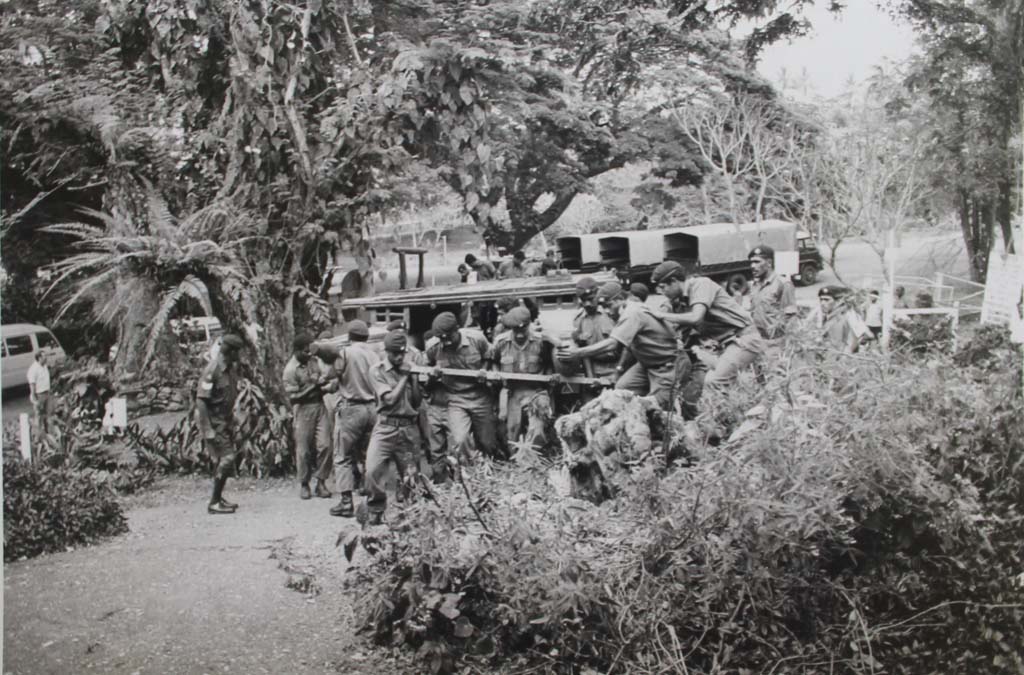
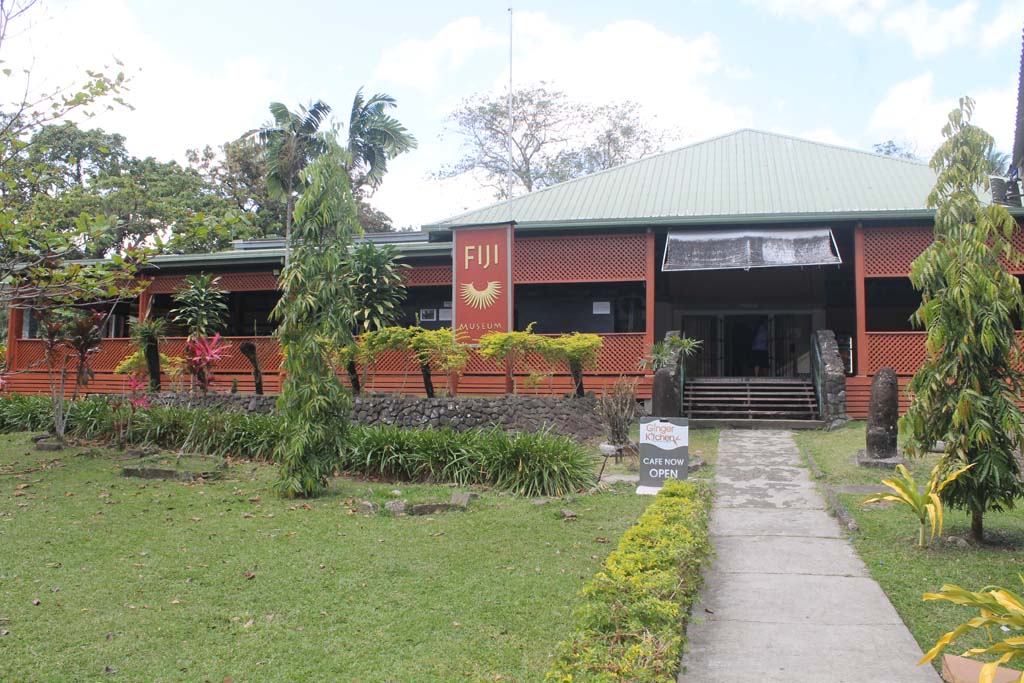
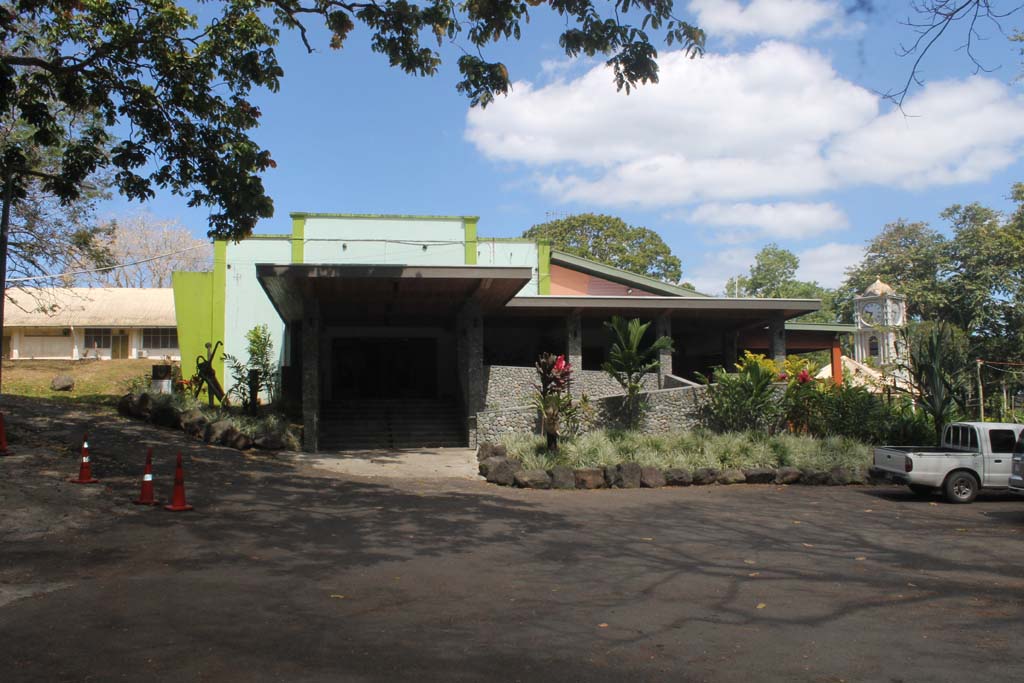
Timeline
1904
The museum was established to preserve examples of Fijian craftsmanship and material culture. It began with a collection of Fijian materials donated by Mr. William Allardyce (1861-1930) to the Suva Town Board. He was a career British Civil servant in the British Colonial Office who served as acting Governor of Fiji from 1901-1902. These exhibitions were displayed on the walls of a room at the town hall.
1908
A number of interested citizens met to form a Fijian society. Their aim included: 1. Promoting and conserving interests towards historical, literacy, scientific and kindred matters in any way related to Fiji. 2. To take care and assist in the formation of the museum.
1910
The government gave a total grant of 25 pounds to the trustees so that a caretaker was appointed. The grant was increased from 25 to 100 pounds one year later. Mr. Colman Wall was appointed Curator of the Museum.
1916
A catalogue was printed.
1919
The town hall caught fire which caused considerable damage to the collection, therefore some exhibits were wholly or partly destroyed. The museum was then moved to a concrete building in Draiba known as the Veivueti House.
1922
Mr. Georgius Wright was appointed Curator because Mr. Colman Wall passed away. Wright (1838-1921) was an American geologist who wrote prolifically about history and theology.
1929
The museum was formally inducted as a Government Statutory Body with a Board of Trustees.
1930
The Fiji Museum was moved to the upper floor of the Carnegie Library at an annual rate of 100 pounds, whereby it remained for twenty four years. Its collections were stored in various places during World War II.
1942
Owing to the threat of air raids during World War II, some 1588 exhibits were packed in 86 cases and then evacuated. Some exhibits were still left behind in the Carnegie Library. The evacuated exhibits were at first stored in a tunnel along Cakobau Road. This is below the residence of the British High Commissioner. After about 12 months, when the tunnel was opened for inspection, the exhibits were found to be badly affected by mould and damp. It was a major disaster.
1944
The exhibits were exhumed, aired, dried and repacked, then they were transported to Vaileka in Ra, and stored in the inner room of the District Officer’s house at Vaileka. The threats of air raids had passed and the Carnegie Library was no longer required for military purposes.
1952
The Suva Town Board asked the Trustees of the Museum to vacate the Carnegie Library. The place was needed for municipal purposes. The Trustees requested the Government to provide funding for the construction of a museum building in the Botanical Garden area.
1953
Funds were approved and the new building was constructed by Narain Construction Co. Ltd. and was completed in August 1954. The transfer and rearrangement of the collection took several months.
1955
The new Museum building was officially opened by His Excellency the Governor, Sir Ronald Garvey on the 20th of January. Sir Ronald Garvey (1903-1991) was a British colonial administrator and the 19th Governor of Fiji from the 6th of October 1952 to the 20th of October 1958.
2018
A new entrance was constructed and opened in 2018. The Fiji Museum Office and Reference Library are situated in the building next to the M.I.S of the P.S.C. in what was once the Nawela Hostel. The 6 Departments of the Fiji Museum are: The Archaeology, History & Prehistory Dept., The Exhibition & Display Dept., The Conservation & Nature History Dept., The Collection Dept., The Education Dept., and The Accounts Dept.
References
fijimuseum.org.fj
R. A. Derrick (1953), “New Building for the Fiji Museum”, The Fiji Times, 4.
R.A.Derrick (1957). The Fiji Museum. Suva: National Archives of Fiji.
R.G.Donaldson. (1957). The Fiji Museum. Suva: Printers and Retailers of Fiji Postcards